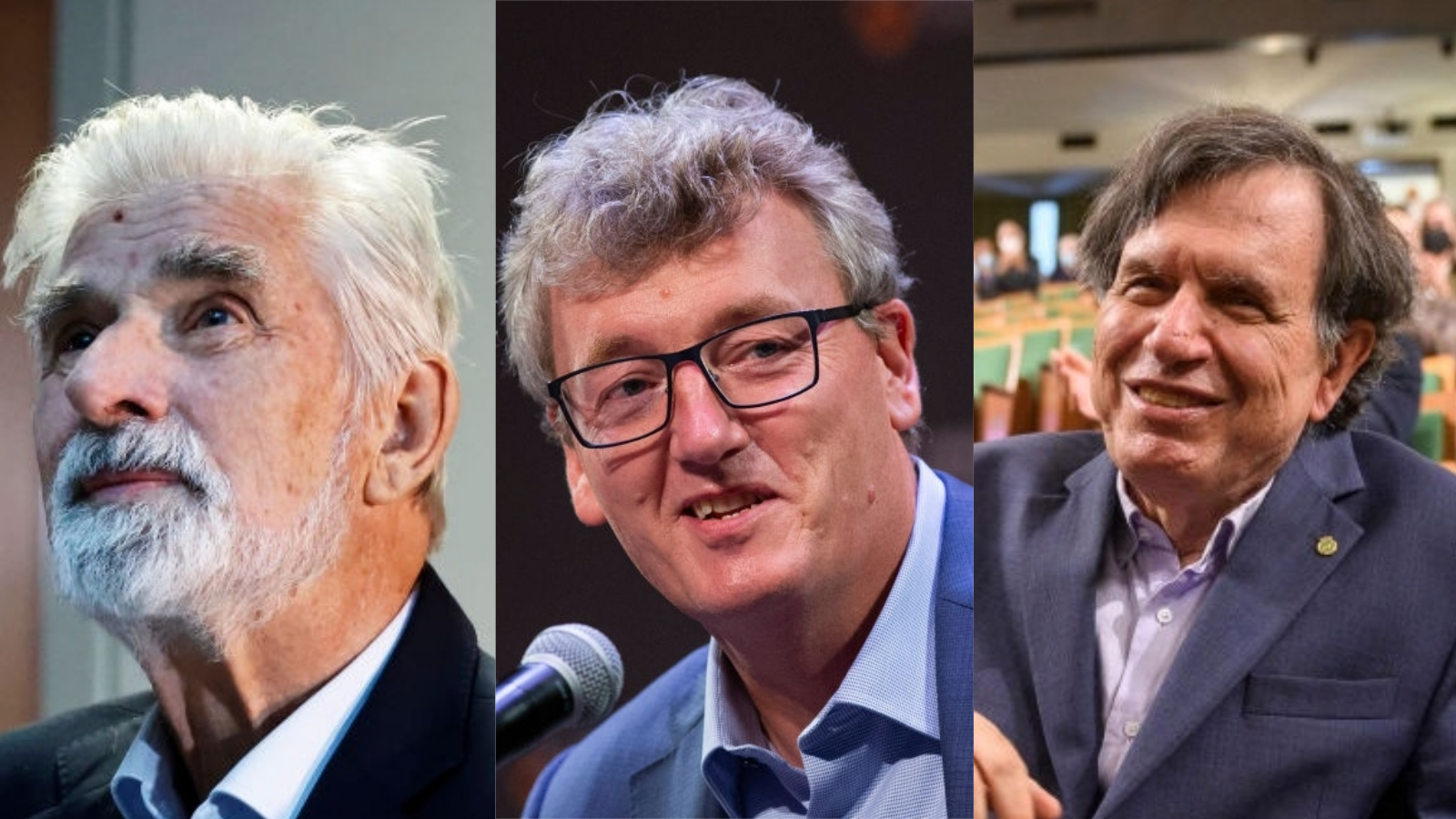Novelist Abdulrazak Gurnah, a writer and academic from Zanzibar, Tanzania, who now lives in the U.K., was awarded the Nobel Prize in Literature in early October. Gurnah became just the fourth Black writer to win the Nobel Prize in Literature, and one of a very small number of Black people to win any of the Nobel Prizes.
According to the Nobel website, 943 individuals and 25 organizations have been awarded Nobel Prizes since the honor was first bestowed in 1901. Of those 943 people, only 17 have been Black, representing less than 2% of total prize winners. Twelve of the Black winners have won the Nobel Peace Prize, while there have been four Black winners of the prize in literature and one in economics. No Black person has ever won any of the science-based Nobel Prizes (physiology or medicine, physics, and chemistry).
An article published a few years ago in The Conversation broke down the reasons for the lack of Black representation in the Nobel science categories. The article argues, "The main reason why no Black scientist has won a Nobel prize is simply a matter of numbers,” because of the relative lack of Black people in scientific fields or academic programs. Data supports this argument; only 5% of full-time faculty at American universities are Black.
And the problem is not solely an American one. Less than 1% of the 12,000 university professors in the U.K. are Black, and the percentages are likely much smaller across other European countries. Since 84 of the top 100 global universities are in North America or Europe, according to a list published by U.S. News & World Report, the small pool of Black faculty at these institutions is reflected in the lack of Black representation among Nobel laureates. Furthermore, as the article in The Conversation notes, the few Black academics who exist tend to get less funding and institutional support than their white counterparts, further hindering their ability to conduct the type of research that gets reflected in Nobel prizes.
And so Black Nobel laureates have been in fields that reward individual effort, such as literature or economics, or in areas where individual personality and force of will is key. The Nobel Peace Prize has been the one category where Black people have been honored with any consistency. American diplomat Ralph Bunche won the prize in 1950 for his achievement as the chief negotiator in the peace process between Israel and a number of Arab nations that were at war with the Jewish state after its establishment in 1948. Bunche was the first of a dozen Black Nobel Peace laureates.
While this representation in the area of peace is a notable accomplishment, it is also one that feels a bit like a consolation or a fig leaf for real progress, like hiring a Black woman to lead an organization’s diversity, equity and inclusion office instead of actually promoting diversity, equity and inclusion throughout your company or university.
This analogy is even more apt given that many of the Black Peace laureates won for fighting anti-Black racism. Martin Luther King Jr. won the Peace Prize in 1964 for the American Civil Rights Movement, while three Black South Africans won the prize during the decades-long fight against apartheid: Albert Luthuli in 1960, Desmond Tutu in 1984 (one year before becoming a bishop in the Anglican Church), and Nelson Mandela in 1993, a year prior to being elected as South Africa’s first Black president.
Furthermore, the use of the Peace Prize as the “Black” category has led to some questionable choices. U.S. President Barack Obama won in 2009, less than one year into his presidency and prior to having many domestic or international accomplishments; the Nobel committee basically awarded Obama for not being George W. Bush.
More recently, Ethiopian Prime Minister Abiy Ahmed won the 2019 Peace Prize for ending the Eritrean-Ethiopian conflict. While this and other accomplishments at the beginning of Ahmed's tenure were quite Nobel-worthy, the choice of Ahmed ignored a number of red flags in his leadership. As Blavity previously reported, since winning the Peace Prize, Ahmed has spent the past year waging an increasingly destructive war in Ethiopia’s northern Tigray region, making many regret his selection.
The diversity problem with the Nobel Prizes isn't solely an issue of Black underrepresentation. Less than 60 women have won Nobel Prizes, representing just over 6% of all prize winners. There was only one woman among this year's laureates: Filipina journalist Maria Ressa, who shared this year’s Peace Prize with Russian reporter Dmitry Muratov.
It’s foolish to expect that the small handfuls of Scandinavian academics and politicians — the people who make up the committees that decide on prize nominees — would naturally have a broad enough perspective to amass a diverse pool of potential prize winners.
Göran Hansson, secretary general of the Royal Swedish Academy of Sciences, the body that awards the prizes, recently responded to the lack of diversity in prize winners this year and over time. Hansson expressed regret over the whiteness and maleness of prize winners, but did not inspire much confidence that this will change in the near future.
“We have decided we will not have quotas for gender or ethnicity,” Hansson stated to the AFP news agency recently. “We want every laureate [to] be accepted … because they made the most important discovery, and not because of gender or ethnicity,” he added.
This type of thinking — that there is a tradeoff between inclusiveness and quality, or that quotas are the only way to increase diversity — reflects a narrow viewpoint that gets in the way of progress. Until systemic change happens that diversifies both the pool of scientists at top institutions and the makeup of the bodies that identify Nobel-worthy accomplishments, the Nobel Prizes, particularly those for scientific achievement, will remain a poor reflection of the world at large.
